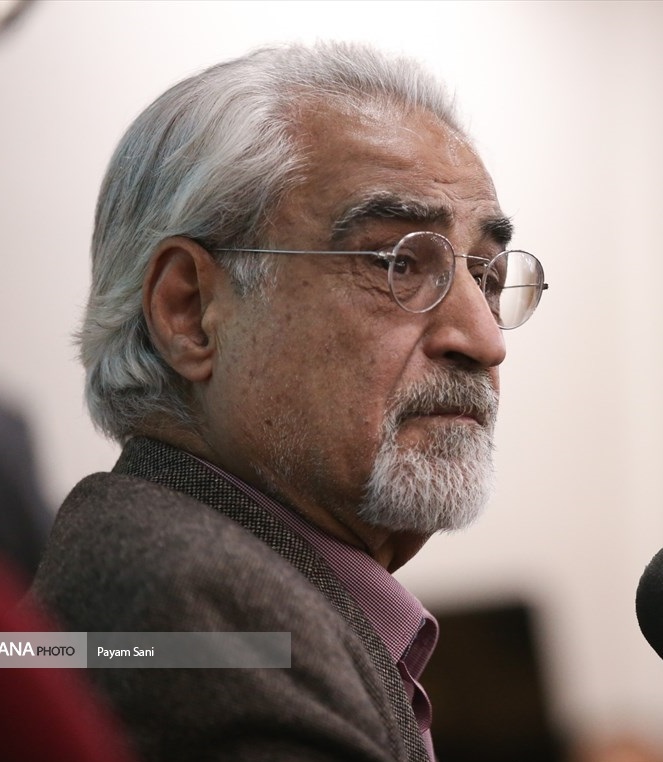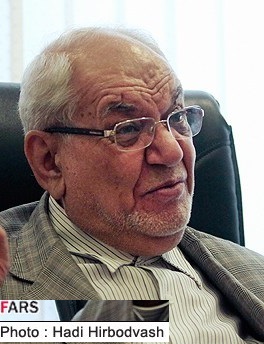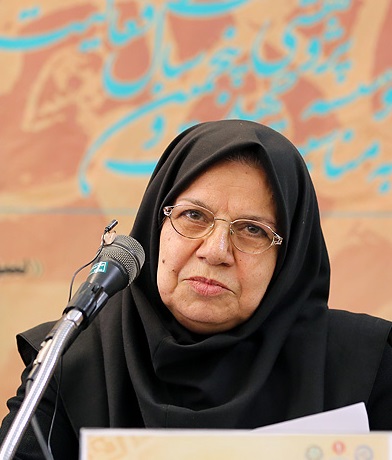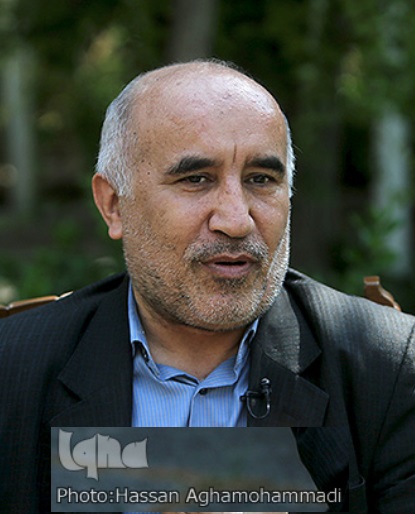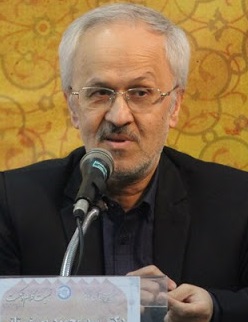Evaluating the Meaning of Right in the Philosophy of Avicenna
Keywords:
Right, True, Truth, Correspondence, Representational knowledge, Presential Knowledge, intuitionAbstract
Farabi has used three (Two existential and one epistemological) meanings for Right and Avicenna also following him, has considered these three meanings for right. These meaning include absolute (permanent) existence, actual existence and the truth. if a proposition corresponds with reality, it is called true and if the reality corresponds with proposition, it is called right. All Muslim philosophers have considered correspondence as a criterion for truth. Furthermore, Avicenna believes in the practical status for the wisdom from the aspect of functional intellect. Justice is a fundamental principle in functional intellect and he deems right as a criterion for justice in practical wisdom. Although Avicenna has adopted argumentative approach in philosophy, he has illuminative and mystical view either. The third aspect that Avicenna took heed to the right is the intuitive and mystical aspect of wisdom. In addition to his firm belief in the representational knowledge, he believes in immediacy (presential) knowledge. To Avicenna’s view right has an existential aspect, so it is by the belief in presential knowledge that right will be linked with the epistemological aspect and even unites with it in strict sense.




